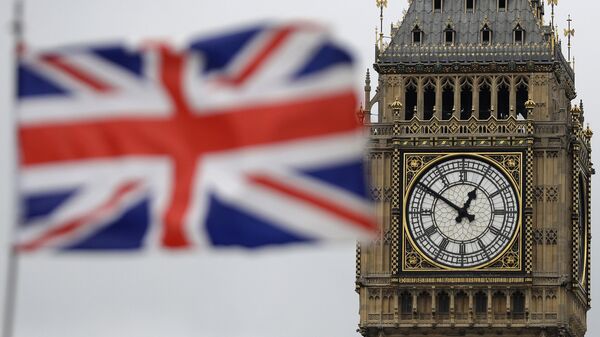London will not be able to impose sanctions on Moscow over the March poisoning of former Russian intelligence officer Sergei Skripal and his daughter Yulia until after the UK has left the EU, The Daily Telegraph wrote on Saturday, quoting deputy head of the British Interior Ministry for Security Affairs Ben Wallace, who addressed members of the British Parliament.
He added that London will then be able to create an entirely new regime of anti-Russian sanctions to take effect after Brexit.
The British version of the “Magnitsky amendment” corresponds to a similar US law that allows freezing assets and prohibits the issuance of visas to foreign officials involved in corruption and human rights violations.
The amendment also implies that the names of persons involved in gross violations of human rights will be made public.
Taking a Cue From the US
Adopted by the US Congress and signed by President Barack Obama in December 2012, the Magnitsky Act envisages sanctions against a number of Russian officials, including employees of law enforcement agencies, whom Washington holds responsible for the death of Sergei Magnitsky, an auditor working for Hermitage Capital Management, a British investment fund, who was arrested on charge of creating illegal tax evasion schemes for the fund.
While under investigation, Magnitsky accused a number of Russian officials of corruption.
READ MORE: US Sanctions Two Russians for Post-Death Prosecution of Sergei Magnitsky
In November 2009, he died of a heart attack in the Matrosskaya Tishina pre-trial detention center's hospital in Moscow.
The Magnitsky Act also imposes unilateral US sanctions on Russian officials, who, according to Washington, are responsible for human rights abuses in their home country. The sanctions range from refusal to issue US entry visas to the freezing of financial assets within US jurisdiction.
Russia sees the Magnitsky Act as interference in its internal affairs. The Russian Foreign Ministry called the document “unfriendly” and “provocative.”



